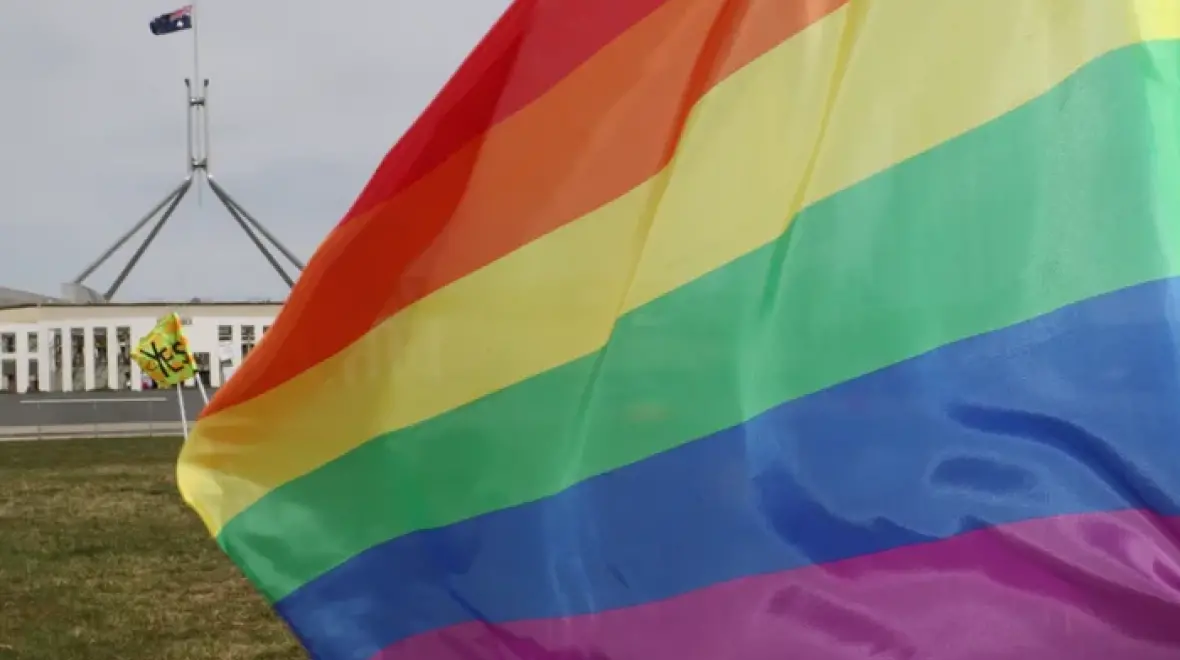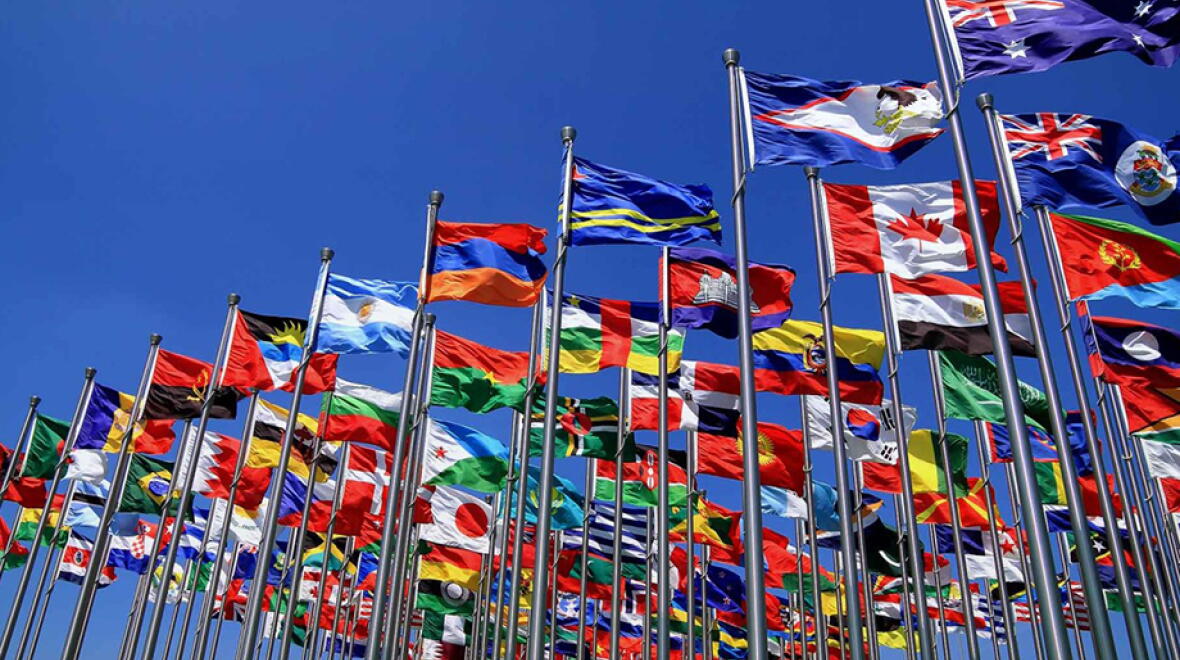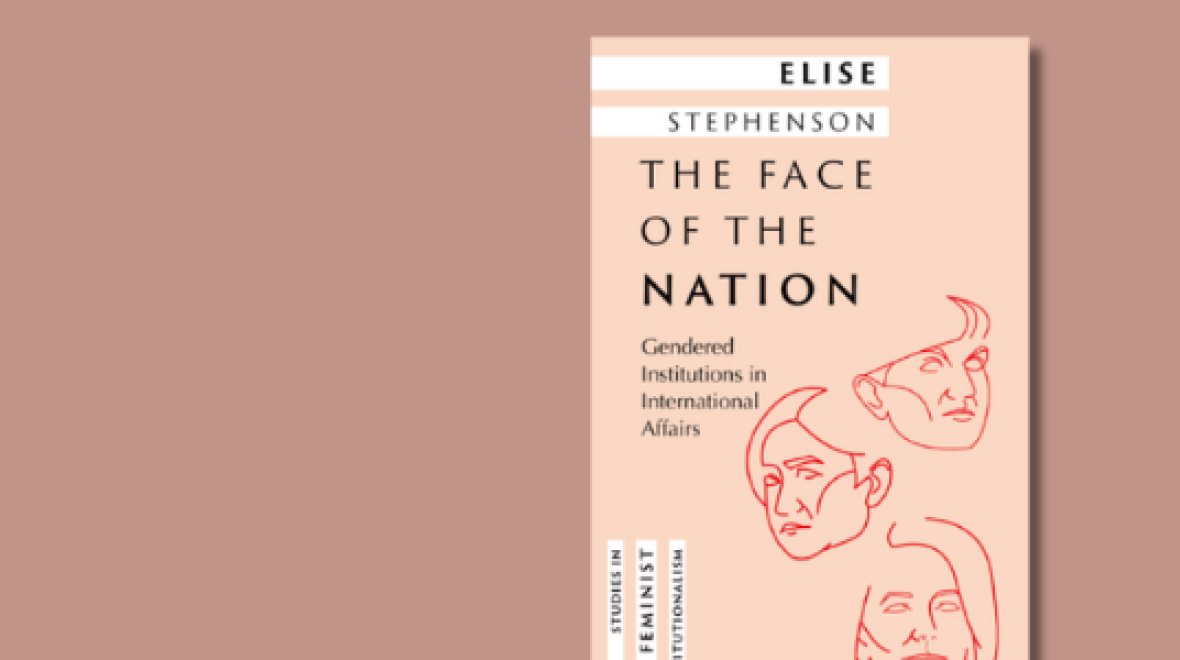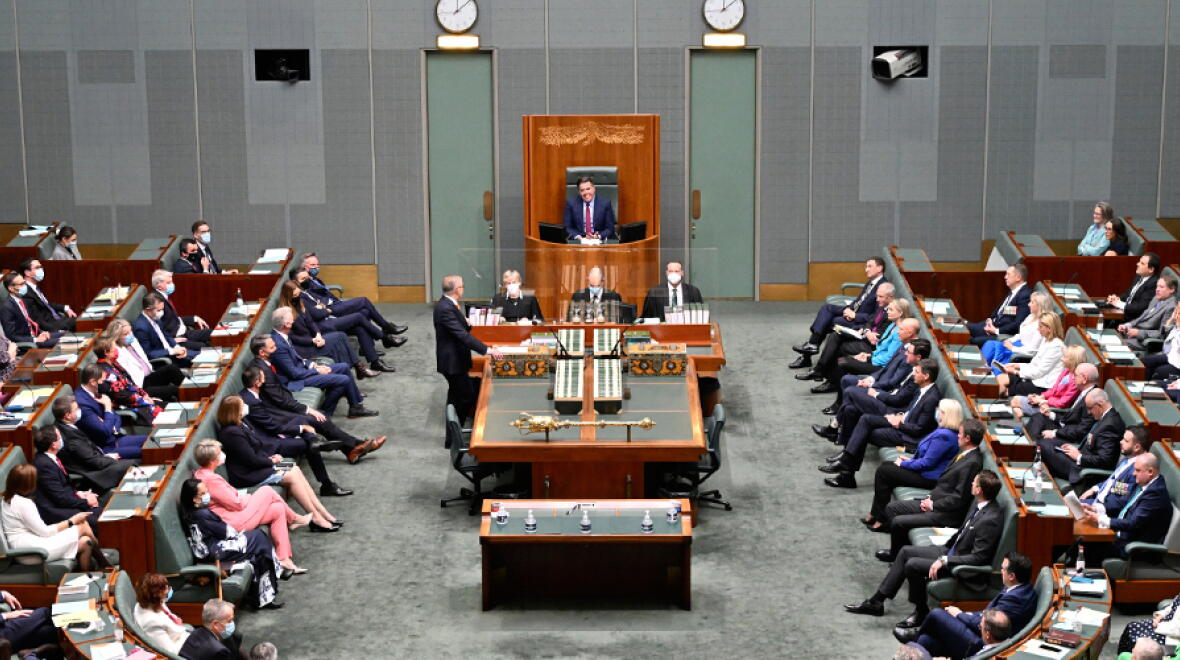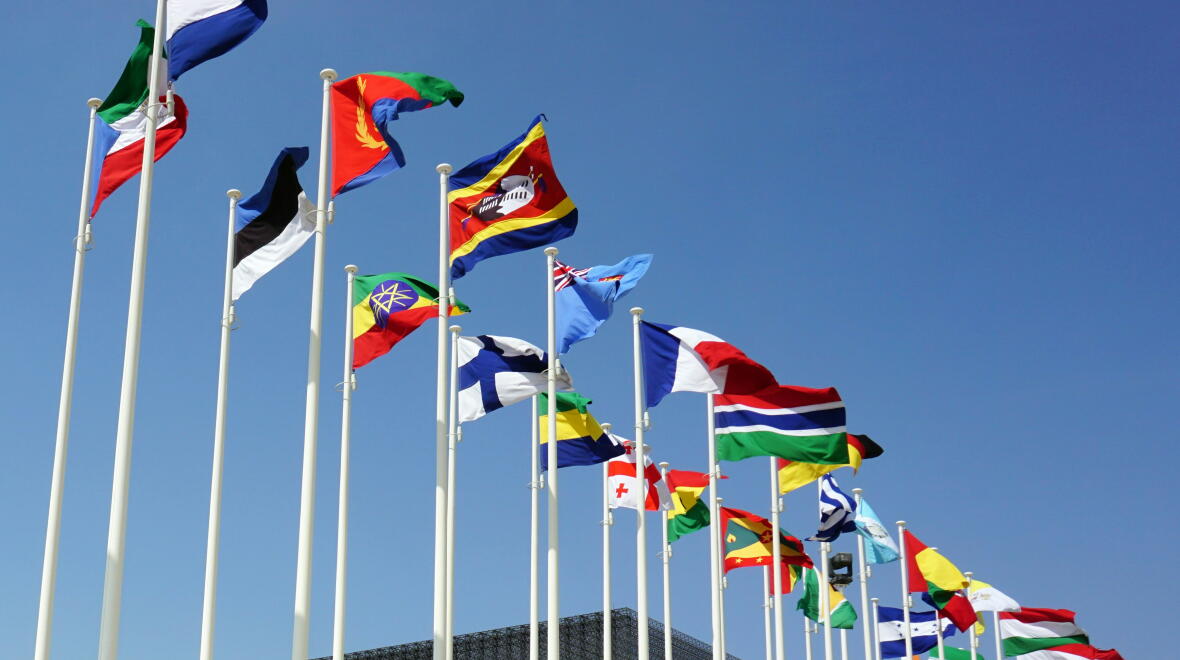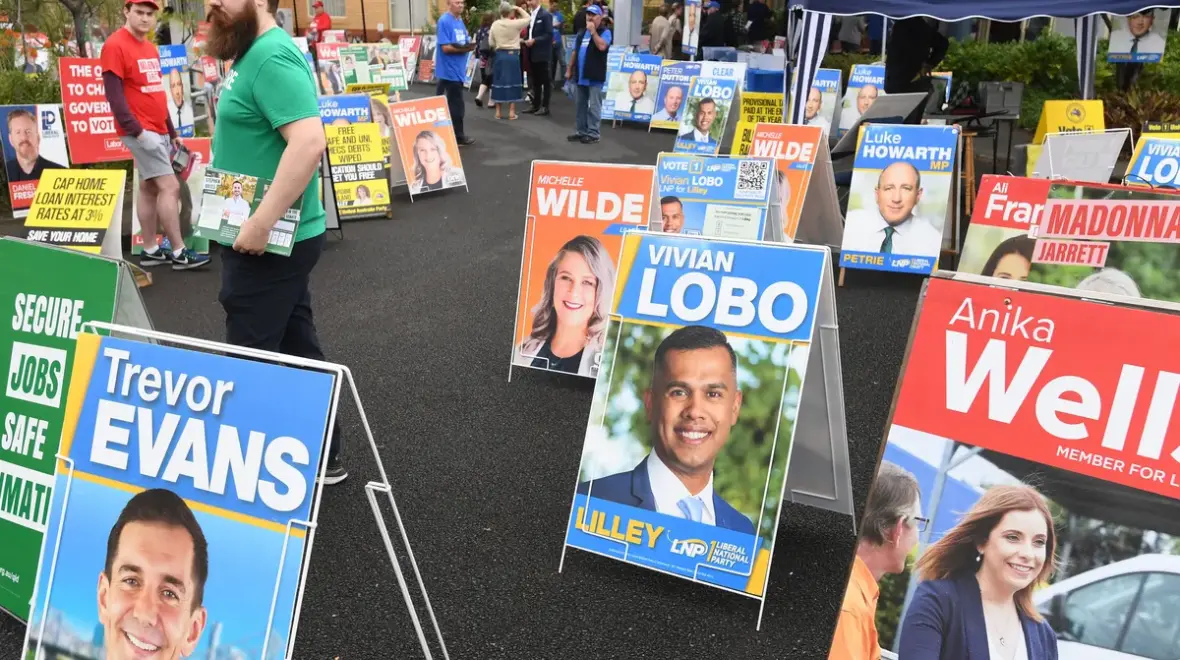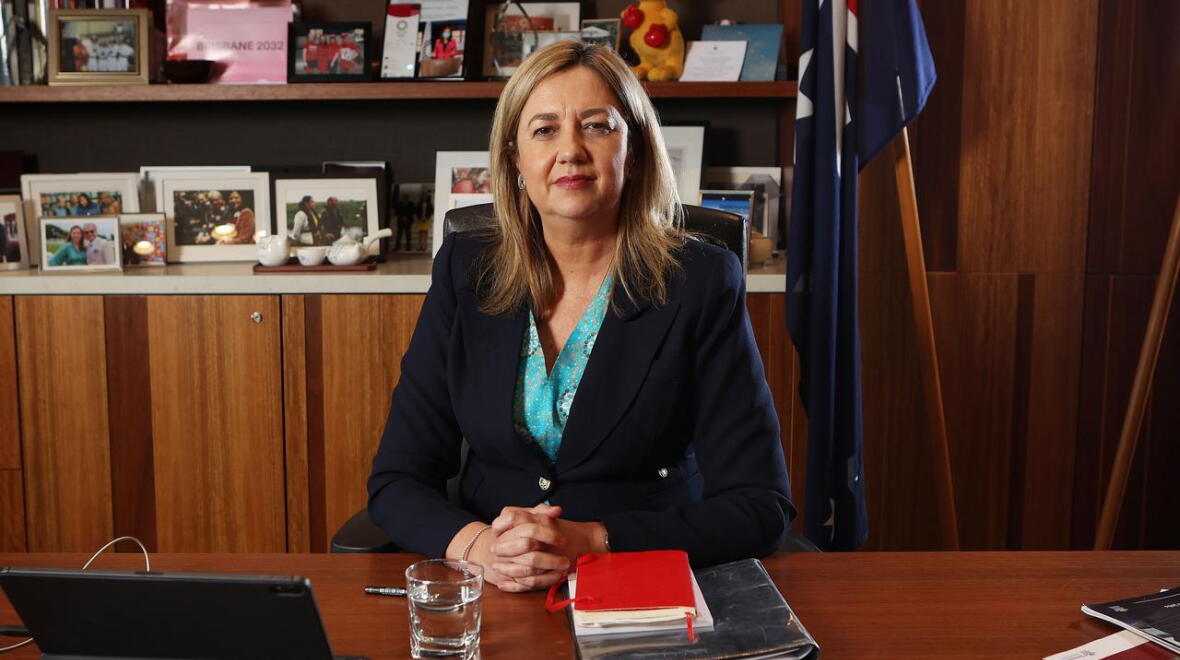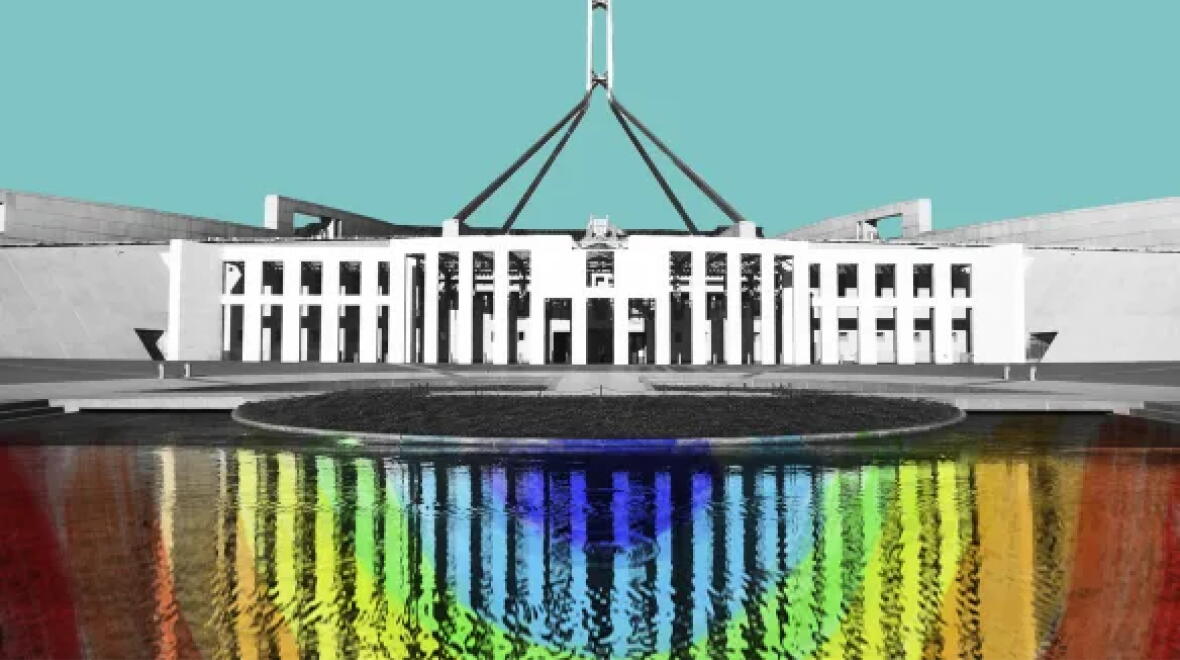As of 1 June 2024, women serve as Heads of state or government in 27 countries. At the current rate, gender equality in the highest positions of power will not be reached for another 130 years.
Australia was one of the first nations to begin the process of enfranchising women, but we now lag well behind international benchmarks for gender equality such as the World Economic Forum's Global Gender Gap Index with our collective failure to extend gender equality into the parliamentary workplace. Globally, women remain underrepresented at all levels of decision-making – at local, state and national levels – and gender parity is a long way off.
International affairs also has a gender problem – in Australia, the Asia Pacific and worldwide, and gender and other inequalities remain pervasive in national security. The under-representation of women, First Nations peoples and other minorities is just the tip of the iceberg. Ongoing inequalities and bias affect everything from security clearances, to pay, workforce segregation, the types of roles and opportunities available, harassment, micro-aggressions and leadership and forward decision-making.
Our research shines a light on these gendered barriers for political engagement and provides evidence-based solutions for how can we boost diversity in politics and international affairs.


